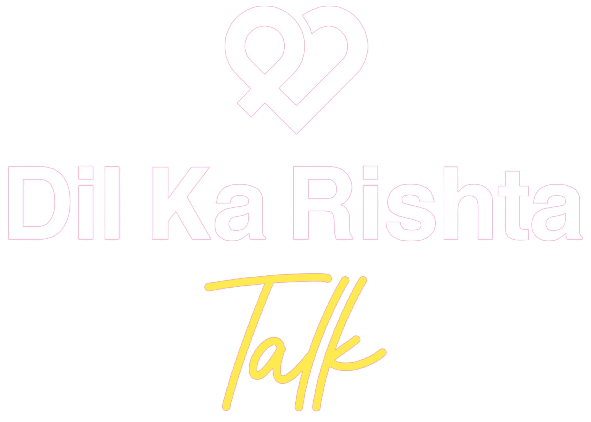Arguments happen, and that’s OK. It doesn’t matter who’s on the other end of your frowning face—your best friend, parent, coworker, in-law, or romantic partner. It is hard to avoid arguments entirely, but it is possible to handle the situation in such a way that the relationship can grow. In that sense, fights can be viewed as opportunities to truly listen to what the other person has to say, to say your piece, and to emerge on the other side all the better for it.
The issue, of course, is that emotions and pent-up resentment can compound matters. Especially when the dispute involves a spouse or significant other (who may have a host of complaints sitting in the kitchen sink waiting to be unleashed). To make matters worse, many of us haven’t been taught what a healthy argument looks like. As a result, it’s far too easy to add fuel to the fire rather than extinguish it. Understanding how to lead a debate in a more progressive direction takes work, but you can begin by recognizing what you might be doing incorrectly and replacing those behaviors with healthier, more productive practices.
Error #1: Focusing on complaints rather than solutions.
According to a triple-board certified neuropsychologist, in order to make progress, it’s important to express your complaint, explain how you’re feeling, and then move on rapidly to the remedy.
“After you’ve arrived at a solution, take a collaborative approach.” “Spend some time brainstorming solutions to the problem without judging each other’s ideas,” she suggests. “Then, choose one that appears to be a decent compromise for both of you and commit to testing it out.”
Error #2: Employing hyperbolic language such as “always” and “never”
A statement like “You always do this!” or “You never do that!” isn’t simply dramatic; it’s also probably false, according to Ho. It also puts the other person on the defensive, and instead of listening to what you have to say, they will focus on refuting your incorrect statement with examples. Instead, she advises using “moderating phrases like sometimes, at times, and frequently,” which are gradients that allow for an honest debate. It also appears to be less of a personal, all-out insult to the other person’s entire personality.
Error #3: Making “you” comments instead of “I” statements.
Using the word “you” also puts the other person on the defensive. For example, “You ruined…” or “You made me…” According to a Ph.D., and a qualified professional counselor, these blaming words frequently trigger the other person and can lead to a downward spiral. Instead, use “I” sentences like “I am annoyed when…” or “I require…”
“These sentences allow you to convey how you feel within the scenario, without blaming the other person and focusing on you,” he explains. Furthermore, the other person cannot refute emotional assertions, and they will be able to empathize with you more easily if they know how you’re feeling.
Error #4: Waiting to speak instead of actively listening.
It’s human nature to want to respond and defend, and this instinct is amplified when fighting. What often occurs in heated arguments is that we latch on to one word or a phrase and begin to create our defense without hearing the totality of what the other person is saying. We then respond to a fraction of what was said while overlooking the remainder of the information. ” This only serves to prolong and aggravate the debate, says a certified counselor.
It takes practice, but actually listening to what the other person has to say will go a long way. Pay attention to their tone, body language, feelings, and the main points they are expressing. Repeat the points to demonstrate that you were paying attention, then express your own and work on a solution.
Error #5: Taking brief breaths
Taking quick breaths triggers your body’s fight, flight, or freeze response, which engages the sympathetic nervous system and prepares you to fight or flee rather than think rationally. “Take deep breaths to restore blood flow from your sympathetic nervous system to your brain, allowing you to think more clearly and engage in the debate with a level mind.” Taking deep, focused breaths also helps you feel grounded and calms you down.
Error #6: Leaving without a happy ending
Even if you’ve made some progress throughout your debate, it’s difficult to shake all that emotion. Spending some time apart to cool down is ideal, but it’s still crucial to end on a pleasant note rather than storm away.
“Conclude the dispute with something encouraging that recognizes something positive the person did in the process.” “For example, ‘I appreciate you listening to my issues today,’ or ‘I’m pleased we have an open communication line so I can express my views honestly,” Ho explains.
A hug or handshake can also suffice to clinch the deal. Whatever technique you take, the other person will appreciate that you made an attempt to express thanks and value your connection in the midst of a conflict, even if you have to pick it up again later to reach a complete resolution.















